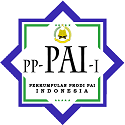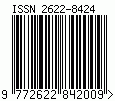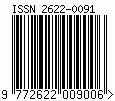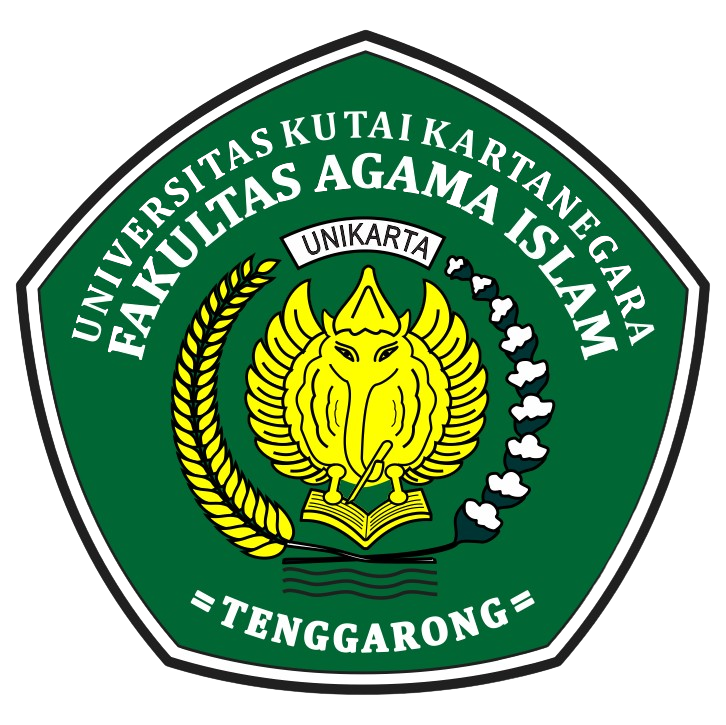EVALUASI PEMBELAJARAN BERBASIS TEKNOLOGI DALAM PENDIDIKAN AGAMA ISLAM DI ERA DIGITAL
DOI:
https://doi.org/10.53640/azkiya.v6i1.1747Keywords:
Islamic Studies, Technologi, Digital EraAbstract
Nowadays, incorporating technology into education, including PAI, has become a necessity. This study examines the application of technology-based learning in children's education (PAI) in the digital era. Through literature review and case studies, this study identifies the challenges and opportunities that arise with the application of this PAI. The results of the study show that technology has increased students' access to learning resources and increased their motivation to learn. However, challenges such as digital inequality, lack of teachers' ability to use technology, and lack of adequate infrastructure still need to be addressed. The purpose of this research is to create an effective technology-based learning model for Islamic religious education. This model combines [the components of the model, such as face-to-face learning, e-learning, and project-based learning]. Using [research methods], this study tests the feasibility and effectiveness of the model. The results of the study show that [e.g., the model created can improve students' understanding of the concept of religion]. This study helps develop innovative learning models that are in accordance with the requirements of Islamic religious education in the digital era.
References
Arif, Muh, Mohammad Saro, Opan Arifudin, Iain Sultan Amai Gorontalo, and Stai Taswirul Afkar Surabaya. “Challenges and Opportunities in Islamic Learning Innovation in the Digital Era.” Global Education Journal 2, no. 1 (2024): 78–80. https://journal.civiliza.org/index.php/gej.
Ariza, Nurul. “Penggunaan Teknologi Dalam Pengembangan Asesmen Pembelajaran Pendidikan Agama Islam ” PENDAHULUAN Inovasi Teknologi Yang Berkembang Pesat Dapat Memberikan Dampak Secara Tidak Langsung Pada Setiap Aspek Kehidupan Manusia , Seperti Politik , Ekonomi , Buday” 9, no. 1 (2024): 25–44.
Bainar. “Peluang Dan Tantangan Digitalisasi Bagi Pendidikan Agama Islam.” Baitul Hikmah: Jurnal Ilmiah Keislaman 2, no. 2 (2024): 74–80. https://ojs.diniyah.ac.id/index.php/Baitul_Hikmah/article/view/1092.
Budiyono, Slamet, and Haerullah Haerullah. “Dampak Teknologi Terhadap Pembelajaran Di Abad 21.” Tsaqofah 4, no. 3 (2024): 1790–1800.
Fuad, Ah. Zakki. “Tantangan Dan Inovasi Kurikulum Pendidikan Agama Islam Di Era Digital.” Thesis, no. September (2023): 1–17.
Haryanto, Sri, Rani Zahra, Indah Merakati, Said Nuwrun Thasimmim, and Teguh Arifianto. “Pembelajaran Berbasis Game: Pelatihan Membuat Media Pembelajaran Menarik Dengan Teknologi.” Communnity Development Journal 5, no. 1 (2024): 868–883.
Inanna, Rahmatullah, and Muhammad Hasan. EVALUASI PEMBELAJARAN: Teori Dan Praktek, 2021.
Kaniawati, Elsa, Meisya Edlina Mardani Mardani, Shania Nada Lestari, Ulan Nurmilah, and Usep Setiawan. “Evaluasi Media Pembelajaran.” Journal of Student Research (JSR) 1, no. 2 (2023): 18–32.
L, Idrus. “EVALUASI DALAM PROSES PEMBELAJARAN Idrus L 1.” Evaluasi Dalam Proses Pembelajaran 9, no. 2 (2019): 344.
Shabriya, Annida Jihada, Ririn Nur Aidah, and Moh Faizin. “Konstruksi Berpikir Logis Dan Kritis Perspektif Sesat Pikir Atau Fallacy Dalam Pembelajaran PAI Abad 21” 10, no. 3 (2024): 1027–1038.
Wahyuni, Hilda, Ahmad Barizi, Akhmad Nurul Kawakip, Wilda Al Aluf, and Iqbal Ardiansyah. “Tantangan Dan Peluang Pendidikan Islam Di Era Digitalisasi Dalam Sudut Pandang Filsafat Pendidikan Islam.” Raudhah Jurnal Tarbiyah Islamiyah 9, no. April (2024): 206–217.
“Hal. 27” 1, no. 1 (2024): 27–36.
Downloads
Published
Issue
Section
License
Copyright (c) 2023 AZKIYA

This work is licensed under a Creative Commons Attribution 4.0 International License.













